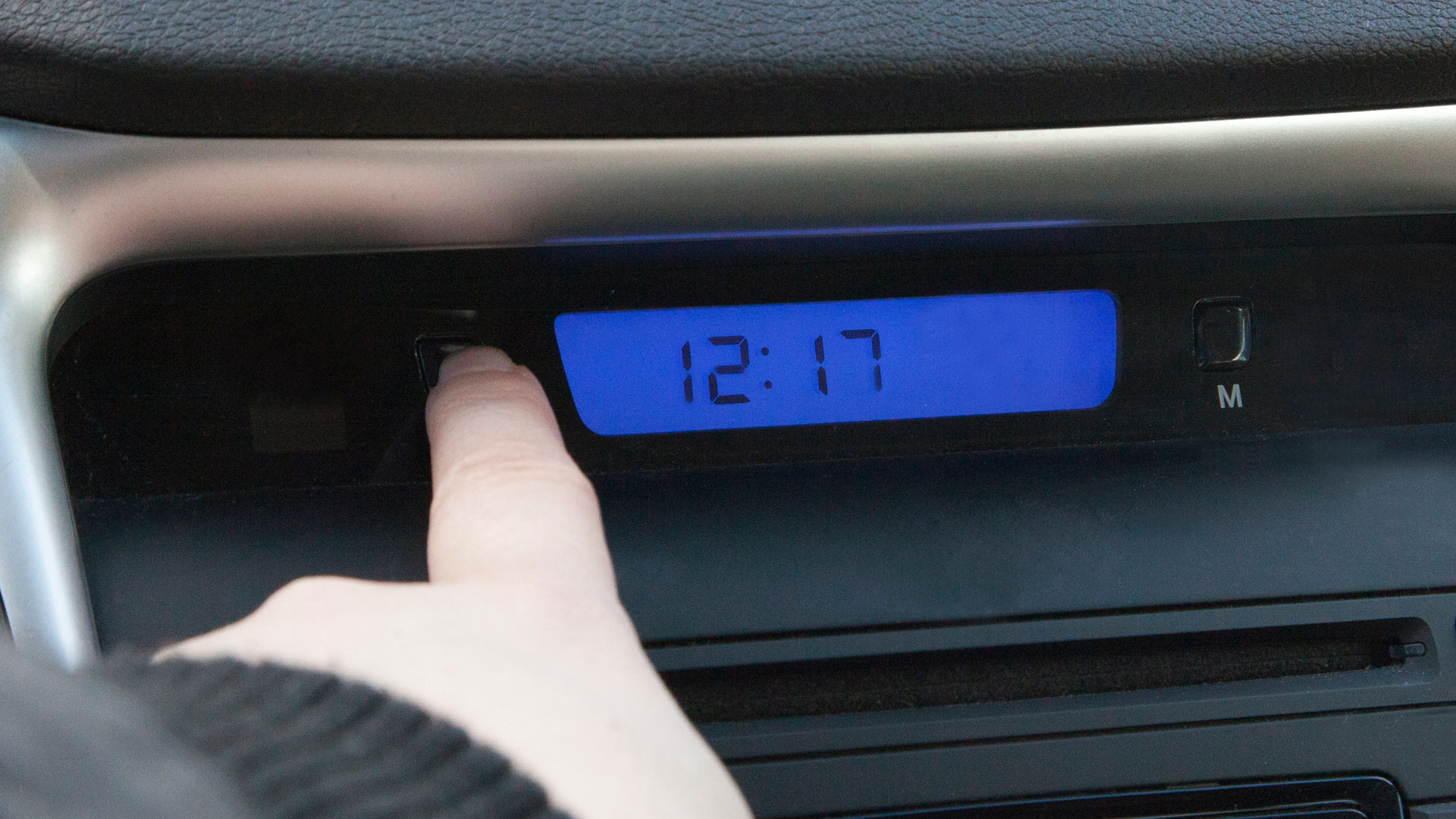
The Royal Society for the Prevention of Accidents (RoSPA) is supporting the European Parliament’s proposal to stop the obligatory one-hour changing of the clocks twice a year.
In the UK, the clocks go forward one hour at 1am on the last Sunday in March, then back again at 2am on the last Sunday in October. The period when the clocks are one hour ahead is called British Summer Time (BST), but when the clocks go back, the country reverts to Greenwich Mean Time (GMT).
The European proposal would call time on the twice-yearly clock change from 2021, with member states required to choose either permanent summer time or winter time. RoSPA is pointing to the “marked spike in the number of vulnerable road users killed and seriously injured” when the clocks go back as a reason to make BST permanent.
According to Department for Transport figures, pedestrian deaths rose from 37 in September 2017 to 46 in October, 63 in November and 50 in December.
‘We know that the clock change kills people’
RoSPA chief executive Errol Taylor said: “Clock changes were first introduced in 1916 to reflect the needs of a nation at war. However, our priority now should be the prevention [of] road accidents that cause serious injury and death.
“We know that the clock change kills people. During the working week, casualty rates peak at 8am and 10am and 3pm and 7pm, with the afternoon peak being higher. Road casualty rates increase with the arrival of darker evenings and worsening weather conditions.
“And it is vulnerable road users – such as children on their way home from school and cyclists – who would experience the most benefit. Currently, vulnerable road users have far higher fatality rates per billion passenger miles, and these rates increased for both pedestrians and motorcyclists in 2017. Anything we can do to bring these rates down has to be worth it.
“While we respect the views of those that want to keep the current system, we must not lose sight of the fact that lives are at stake.”

Daylight Savings Time (DST) has been compulsory in the EU since 2001 and is aimed at making the internal market work more efficiently while reducing energy costs. But there’s a growing body of evidence suggesting that the energy savings are marginal and the clock changes are having a negative effect on human health.
Commission President Jean-Claude Juncker said “There is no applause when EU law dictates that Europeans have to change the clocks twice a year. Clock-changing must stop. Member states should themselves decide whether their citizens live in summer or winter time.”
As an added benefit, this would bring an end to the twice-yearly routine of trying to figure out how to change the clock in your car…
Narrow-minded approach, propagated by those who rarely venture outdoors before 08:30.
Later sunrises will have an equally damaging effect:
1) Colder, icier roads and pavements. Car glass covered with harder layer of frost.
2) Children start their journeys to school much earlier than most journos, politicians and motoring experts seem to realise.
3) Extra hours of morning darkness pose a greater risk to those involved in construction, farming, logistic and highway maintenance operations (to name but a few).
Education and reminders to prepare for the onset of longer hours of darkness (including practicing driving/riding in the dark) should be a greater priority.